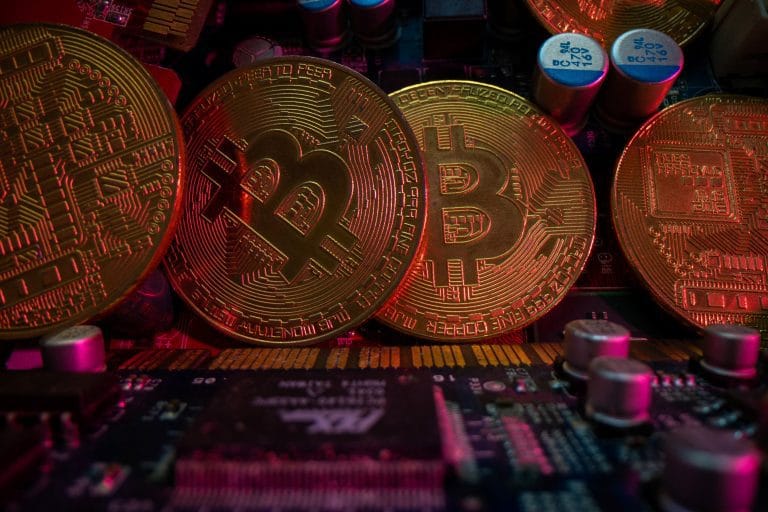🎧 Listen to This Article
The Indonesian Ministry of Finance has announced significant changes to the taxation of cryptocurrency transactions, effective August 1, 2025. The new regulation increases the tax rates on crypto asset sales, with a notably higher rate imposed on transactions executed through overseas exchanges.
Cryptocurrency trading has surged in Indonesia, Southeast Asia’s largest economy, where digital assets are legally traded but are not recognized as a valid payment method. Regulatory data reveal that the total transaction volume of crypto assets tripled in 2024 compared to the previous year, reaching over 650 trillion rupiah (approximately $39.67 billion). Furthermore, crypto exchange users in Indonesia surpassed 20 million last year, exceeding the number of stock market investors.
Under the revised tax framework:
- Sellers on domestic exchanges will pay a tax of 0.21% on transaction values, increased from 0.1%.
- Sellers transacting on foreign exchanges face a higher rate of 1%, increased from 0.2%.
- Buyers of cryptocurrencies are exempted from Value Added Tax (VAT), removing the prior VAT obligation that ranged between 0.11% and 0.22%.
- The VAT on crypto mining activities has doubled to 2.2%, from the previous 1.1%.
- The 0.1% special income tax on crypto mining will be abolished by 2026, with mining income thereafter subject to standard personal or corporate income tax rates.
These adjustments mark Indonesia’s evolving stance on digital assets, reclassifying cryptocurrencies as financial assets rather than commodities. This shift reflects global regulatory trends.
Binance-backed exchange Tokocrypto welcomed the changes, emphasizing the need for a grace period of at least one month to help businesses transition smoothly. In its official statement, Tokocrypto highlighted the importance of robust regulatory oversight, particularly concerning crypto transactions conducted through foreign platforms.
The company also urged the government to introduce fiscal incentives aimed at fostering innovation within the crypto sector. Notably, the increased tax rates on cryptocurrencies remain higher than the capital gains tax rates applicable to stock market investments. This underscores the need for competitive tax policies to sustain industry growth.
Implications for Tax Professionals and Businesses
Tax professionals and financial managers should note the differentiated tax rates for domestic versus foreign crypto exchanges. This difference could influence transaction structuring and compliance strategies. The removal of VAT for buyers simplifies reporting but requires awareness of the new VAT rates on mining operations. Businesses engaged in crypto mining must prepare for the transition to standard income tax rates by 2026.
These regulatory updates align with Indonesia’s broader efforts to strengthen tax enforcement and formalize the growing crypto economy, balancing revenue generation with market development.
For further details, clarification, contributions, or any concerns regarding this article, please get in touch with us at editorial@tax.news. We value your feedback and are committed to providing accurate and timely information. Please note that our privacy policy will handle all inquiries.



